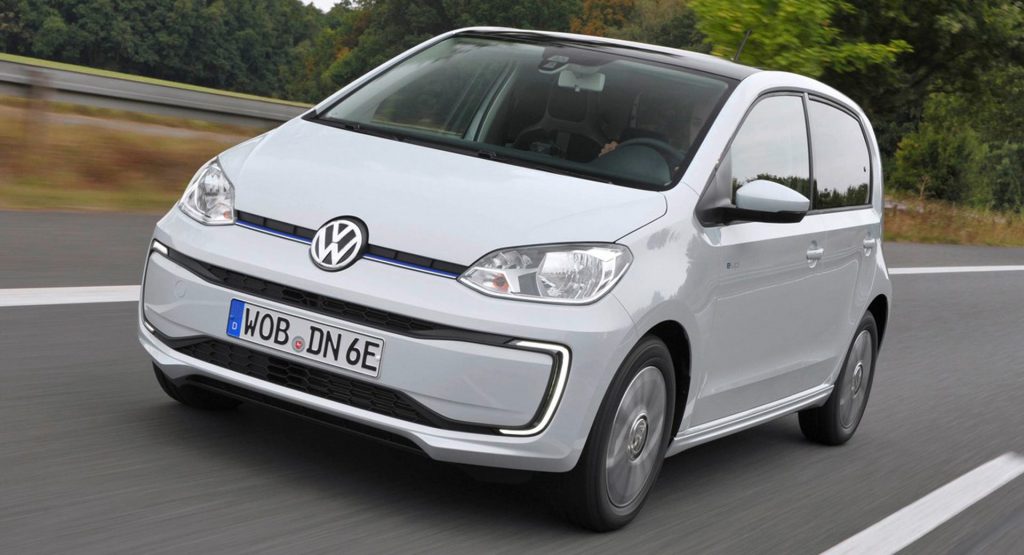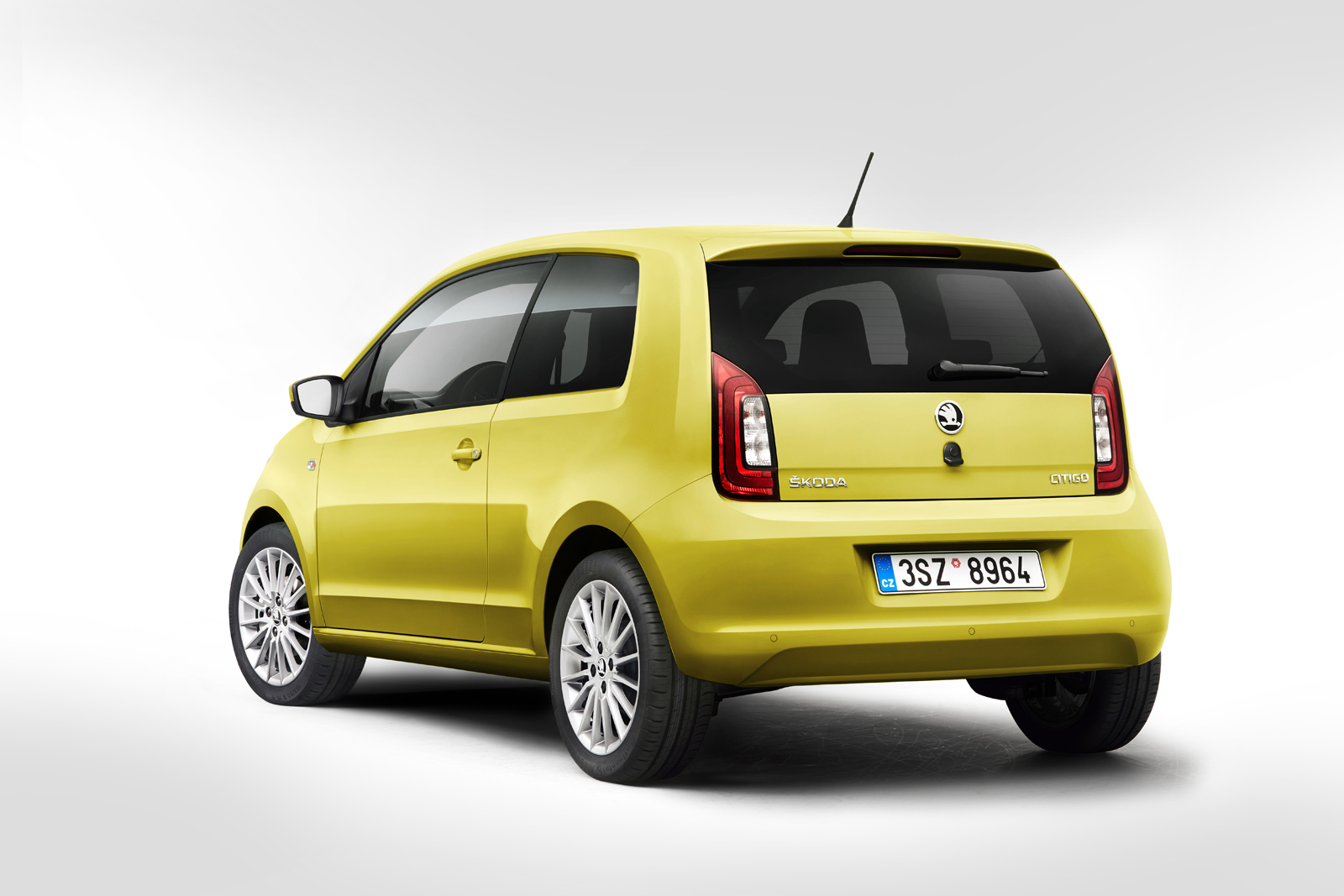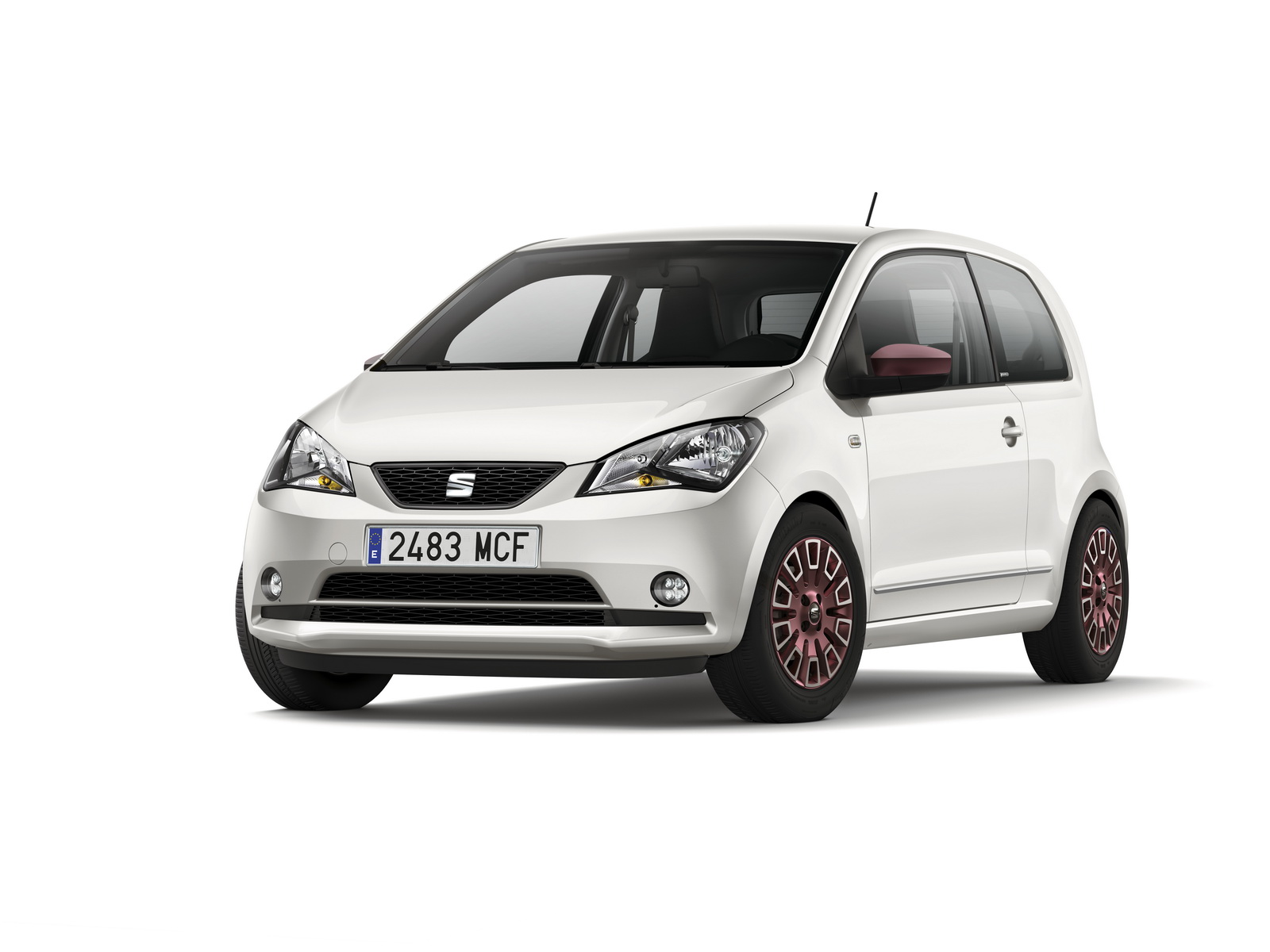The Volkswagen Group is currently developing a family of all-electric city cars, but doing so isn’t without its challenges.
Auto News reports that the Seat brand is heading up the conglomerate’s development of electric city cars based on a shortened version of the Modular Electric Drive Toolkit (MEB) set to underpin a multitude of EVs from the VW Group.
The car manufacturer is currently developing an all-electric city car which will replace the VW Up, Skoda Citigo and Seat Mii triplets. The aim is to price the vehicle at less than 20,000 euros ($22,500), and to meet this goal, engineers are exploring innovative cost-cutting methods.
Also Read: VW ID Buggy Concept Is A Modern Day Meyers Manx
According to VW brand development chief Frank Welsch, the company is looking at shrinking certain drivetrain components and using less steel, plastics, fabrics, and other materials for its entry-level EVs. Another solution is to fit the two banks of battery modules longitudinally across the vehicle’s floor.
“That would give us more space between the battery and the sills, and hence a greater cushion should an accident occur,” Welsch explained. “Safety is a major priority at Volkswagen and a lot of money is spent trying to protect the battery cells in the event of a crash.”
The German automotive group is also investigating whether it will have to outfit its baby EVs with smaller electric motors than those used by the upcoming family of I.D. models.
“We have to see for example whether the range of electric motors we currently have planned for the MEB need to be supplemented with a smaller one, for example,” Welsch said.
Current plans call for Seat to launch VW’s first electric city car in 2023, and shortly after, a number of different versions will be offered across VW’s other brands. Production of the current Up, Citigo and Mii will continue until 2022.





